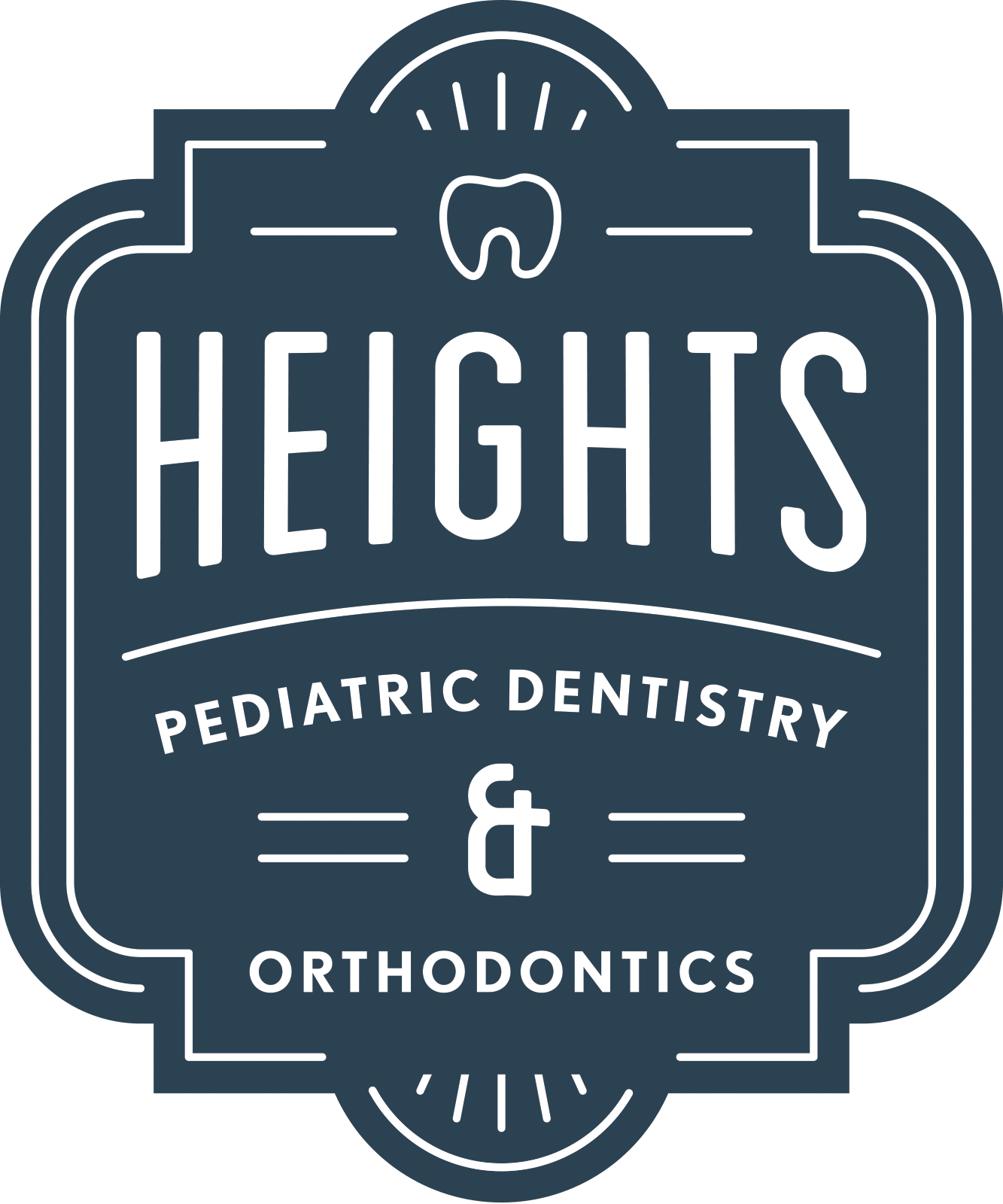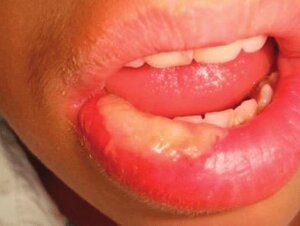Reverse Numbness with Oraverse!
/For comfort during dental treatment, the dentist may use a special numbing medication called Lidocaine or Septocaine. These meds make a chosen area of the mouth temporarily numb and pain-free. This is called local anesthesia. However, these medications can linger for hours after the treatment is completed and the child may still feel numb for the remainder of the day. This extended feeling of numbness can result in drooling, difficulty in speaking, or even chewing/sucking on lips, cheeks or tongue since children cannot feel it and/or may not be used to that new feeling! This self-inflicted injury can cause very painful, traumatic ulcers or swelling (see the example picture below). These take days to heal and can be very debilitating for eating, speaking and normal function for up to a week.
Fortunately, a drug called OraVerse (Phentolamine Mesylate), formulated by Dr. Stuart Levy, was created to lessen the extended periods of numbing. It works to reverse the effects of local dental anesthesia by causing dilation of local blood vessels and allowing for the anesthetic to clear out of the system easily and faster. After the dental procedure is finished, it is injected into the same area as the numbing medication. Then, patients can expect the numbness to wear off much faster, but the exact amount of time is different for each person. It’s important to remind children not to bite or suck, and still to soft foods until full feeling comes back.
Here at Heights Pediatric Dentistry and Orthodontics, our doctors feel that Oraverse allows for patients to get back to their regular plans for the remainder of the day like school, sports and other activities! There’s no need to cancel the rest of your day just because of a dental appointment. Ask us about Oraverse at YOUR next visit!
*According to Novalar, the pharmaceutical company that manufactures OraVerse, it can be used by adults and children who are six years old and above. The minimum weight requirement of those who can use it is 33 pounds. But safety of the drug has been proven on children as young as three years of age.

































